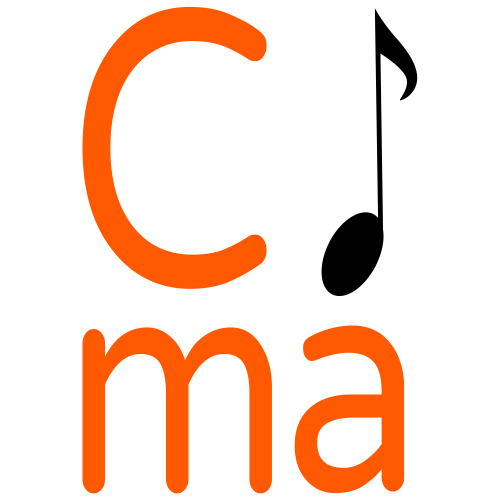Is there a Life without Facebook?
This week Mark Zuckerberg defends himself in front of the American Congress, against accusations of political manipulation, the data leak to Cambridge Analytica and other (privacy) concerns. What is going on exactly? Can we still consider Facebook as a blessing for our (social) life or is it becoming a curse? What are the consequences for you, as an artist? We set out the facts.
Facts and figures
- The data of 87 million Facebook users have been passed on to Cambridge Analytica, who leaked it to third parties like the Russian Internet Research Agency.
- Facebook made around $33.76 billion from advertising in 2017, together with Google it's almost half of the world's digital ad spend.
- Your data is stored on servers by Facebook; the photos and videos you posted, but also all stored active sessions, including date, time, device, IP address, cookie and browser data or an overview of topics that are aimed at you, based on your likes, interests and other information you put on your timeline.
- In other words: our user data is converted into dollars.
To sum it up
In exchange for user-friendly free services, you use the internet and "pay" with your data. This data is used to allow advertisers to reach specific target groups. It allows the technology companies to know what their users are doing on the internet: which sites they visit, which books they read, what music they listen to or what kind of political parties they find interesting. Facebook is everywhere: almost every site has a Facebook button, this way it knows exactly all of the pages that you visited.
![]()
This button is called the Facebook Pixel, an invisible dot for the naked eye that companies can place on their site: through the pixel, a platform can collect information about the click behaviour of the users.
So what about the privacy regulation?
For a long time, privacy experts and critics have warned about the data hunger of companies such as Facebook and Google, but the general public only now appears to wake up after the privacy scandal with Cambridge Analytica.

General Data Protection Regulation
Will Facebook be capable of effective self-regulation and transparency? The European Union decided not to wait and is the first to give users more control over their data with a new directive General Data Protection Regulation (GDPR). It is effective as of May 25, 2018. Like to read about GDPR in simple words? Click here.
So what about Cambridge Analytica?
It’s an IT service management company, started in 2013 by the SCL Group, a private British behavioral research, and strategic communication company. It provides data, analytics, and strategy to governments and military organizations worldwide. In the United States, SCL has gained public recognition mainly through its affiliated corporation Cambridge Analytica.
In the case of Cambridge Analytica, it is a matter of outright data theft. Quite a hot topic lately! Through a user survey app, not only the data of those using a quiz app came into the hands of Cambridge Analytica, but also that of their friends. We talk about tens of millions of users. Facebook says it will break ties with these companies because Cambridge Analytica is not the only one. There are more data traders who collect data and connect them.
Curious to see Mark Zuckerberg's reaction, we found out that one of his first public reactions was: "It was my fault, I'm sorry". Should there have been an emoticon button connected to that statement, we could imagine the result....
What can we do about it?
Well, first it's a good start you're reading this article! Just as we did, when exploring the matter, it will make you smarter and understand things better. Then you basically have two options: or you leave Facebook, which could be a pity, in the end, it is still a great tool to reach your audience, or you get organized:
- Make sure you know how to set your privacy settings on your private profile (plenty of videos and articles about it on Google, try to use the ones not created by Facebook).
- For artists and musicians: build a company/band/musician page that will function next to your profile. This way you keep your private life and business life separate.
- Never use Facebook to have an easy connection to other sites where you sign-up; instead, create your account using your email address.
- Stop playing useless quizzes like: "Who will I be in my next life", "What color is my aura", or "Which composer I match most", cause these quizzes are excellent ways to find out all about you!
- Be more critical about your own user behavior on Facebook, what you read, like, and comment on.
- Get informed about how algorithms work and have them work for you (and not against)
- Reduce your time on Facebook. Use it for your professional benefit and to share things that are really interesting to others.
If you like to find out more about how to use social media to your (and not their) benefit, sign-up for the self-management course for musicians, where we treat this subject thoroughly.
Sources and inspiration for this article came from the Volkskrant (Dutch only) & CNBC
